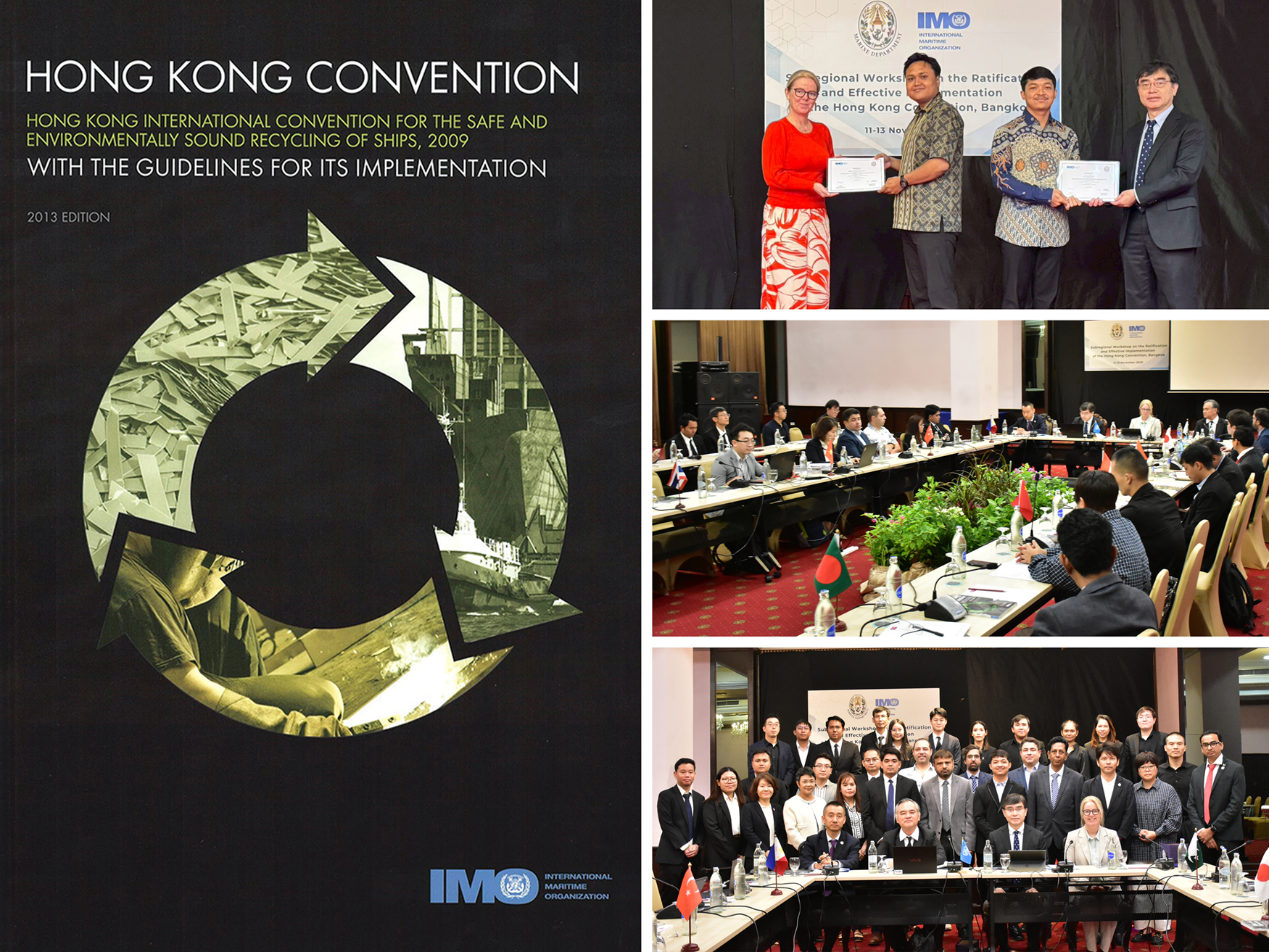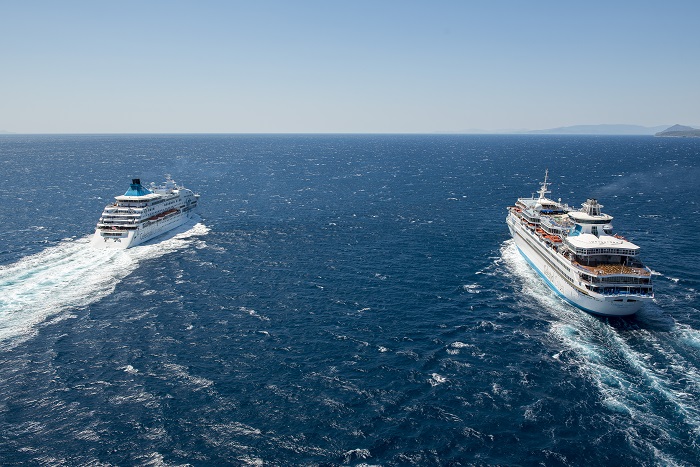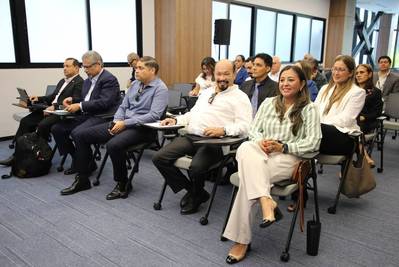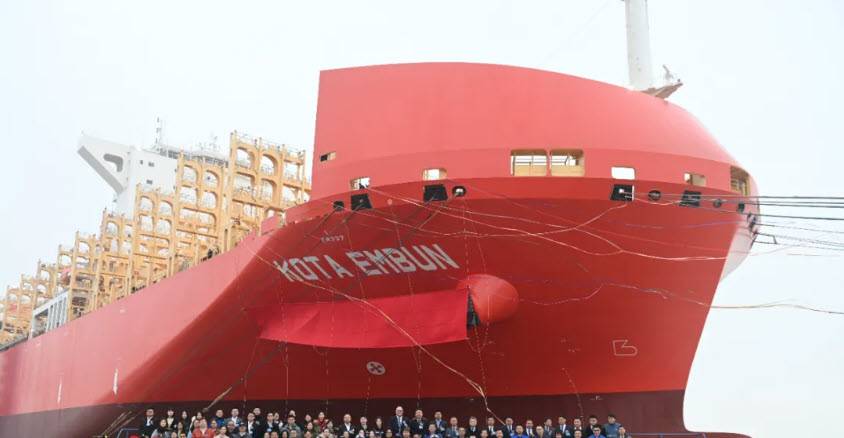





In March 2021, the 2024 TEU Ever Given ran aground across the Suez Canal for six days, and the world watched the shipping industry with unprecedented fervor. World trade between the two ends of the canal came to a standstill. To date, there have been several court cases involving hundreds of millions of dollars.
Recently, the Panama Maritime Authority released a 68-page final investigation report into the accident, which criticized the performance of Suez Canal pilots in the incident.
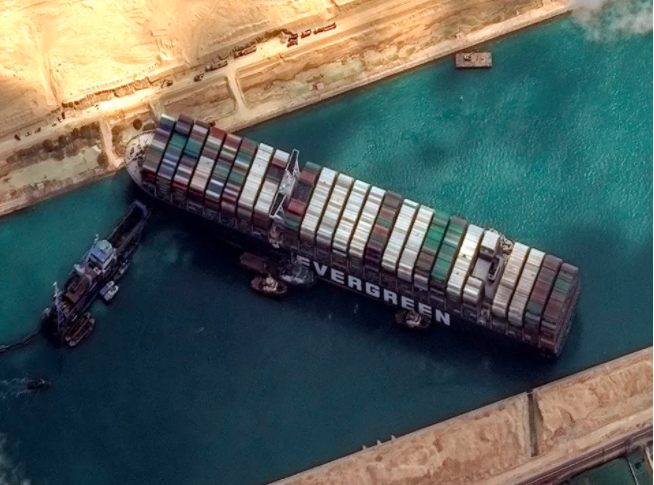
The Panamanian Maritime Authority's final report on the grounding of Ever Given states that the Vessel Traffic Management System (VTS), the pilot and the master of the vessel did not properly assess the adverse weather conditions, especially the strong winds and reduced visibility, which indicated that the vessel should have sought the assistance of a tugboat while sailing to the north.
Panama contends that the pilot did not consider the weather conditions and did not request the assistance of the tug. The ship was traveling too fast during the maneuver and had only given the order to jerk the rudder.
First Pilot: The first pilot boarded the vessel at 5:48 a.m. on March 23, 2021, and was responsible for initiating the convoy and leading the container ship into the Suez Canal. The first pilot remained on board the vessel for approximately 1 hour and 40 minutes before handing it over to the other two pilots for transit.
The second and third pilots: The handover took place at about 7:20 a.m. The wind had increased dramatically with gusts of up to 40 mph, and the sand and wind had greatly reduced visibility. The captain and pilot were having difficulty maintaining the vessel's position in the center of the channel, and the pilot ordered an increase in speed to 12 knots, as opposed to the Suez Canal's designated maximum speed of 8.64 knots. For its part, the Panama Maritime Authority noted, however, that speeding was not uncommon during transit through the Suez Canal.
During the process, one pilot gives the official orders, while another advises and monitors the navigation. According to the Suez Canal rules, it is the pilot who advises the ship, while the master remains in command. For its part, the Panamanian Maritime Authority stated that the master of the vessel had intervened on at least two occasions in an attempt to change the pilot's orders regarding the position of the rudder. According to the Panama Maritime Authority, the pilot ordered the rudder to turn from port to starboard, never allowing the ship to return to midships or giving the coxswain a steering course.
From the outset, the report said, the vessel deviated from its planned course, creating a "swing effect" in navigation. In addition, the pilots did not consider the effects of sinking, grade suction and grade cushioning on navigation. The pilot's failure to verify the ship's position against the planned course and to consult with the master, who had a better understanding of the vessel and its navigation, led to a series of subsequent problems.
The Panama Maritime Authority, analyzing voice data recordings, reported that the pilots had been talking in Arabic, even though the 25 Indian crew members, including the captain, did not speak the language. They translated the Arabic in the recordings and found that the pilots were arguing.
From their conversation, it appears that at about 7:37 a.m., the pilots began to realize that they had no control over the vessel and that it was in danger of running aground.
The pilot, who was responsible for monitoring the navigation, asked the vessel to slow down and gave specific heading instructions to the helmsman instead of rudder commands. By 7:38 a.m., the vessel moved first to port and then to starboard, with the pilot slowing down and then speeding up. The maneuver caused the ship to move from one side of the channel to the other and then back to its original position. Three minutes later, the vessel ran aground, during which time the master attempted to free the vessel, but to no avail.
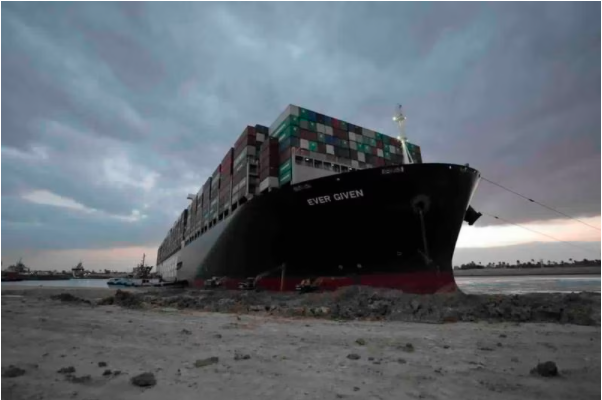
The report concludes that language barriers are one of the key issues affecting communication between crew and pilot, and these should be taken into account. In the case of Ever Given, although the pilot's orders were given in English, discussions between them were always in Arabic, so the bridge team was unable to understand the pilot's concerns and potential dangers.
▼▼▼
The report offers the following recommendations for ship operators and the Suez Canal, respectively.
For ships in transit and for ship operators, they recommend that
✦ Train crews, ensure clear communication with pilots, assess pilot behavior and monitor ship progress.
Recommendations to the Suez Canal Authority:
✦ All navigational communications should be in English, as the master or crew will not be able to understand discussions in Arabic regarding navigation.
✦ As ships become larger, pilots should receive additional training in navigation and weather effects on larger ships.
✦ Suez Canal pilots should receive additional training on the sinking, bank suction, and bank cushioning effects of the different types of ships that pass through the Suez Canal, as well as on the characteristics of the canal (winds, currents, depths, etc.).
Although they found that the intervention of masters and crews was ineffective in preventing groundings, the report of the Panama Maritime Authority raised a number of issues for pilots that they felt needed to be addressed. They also called on the Suez Canal Authority to strengthen its preparedness, warning and rescue capabilities in order to prevent similar groundings from causing prolonged blockages in the canal.


